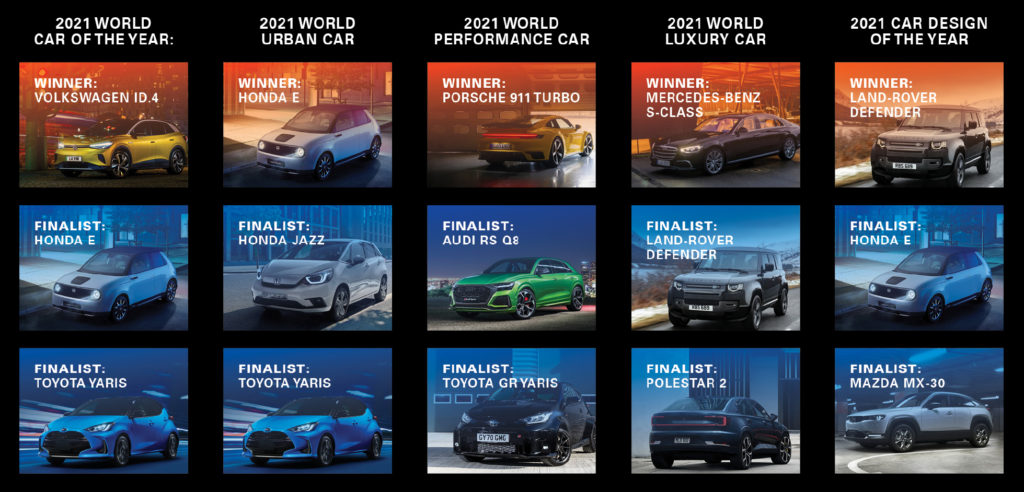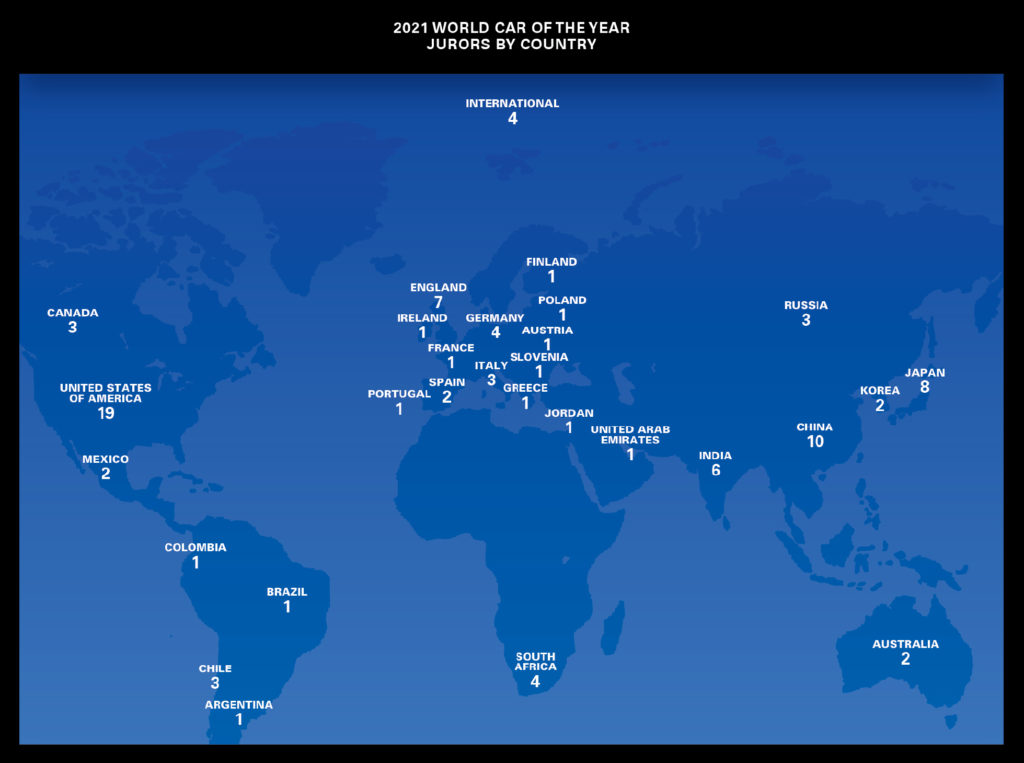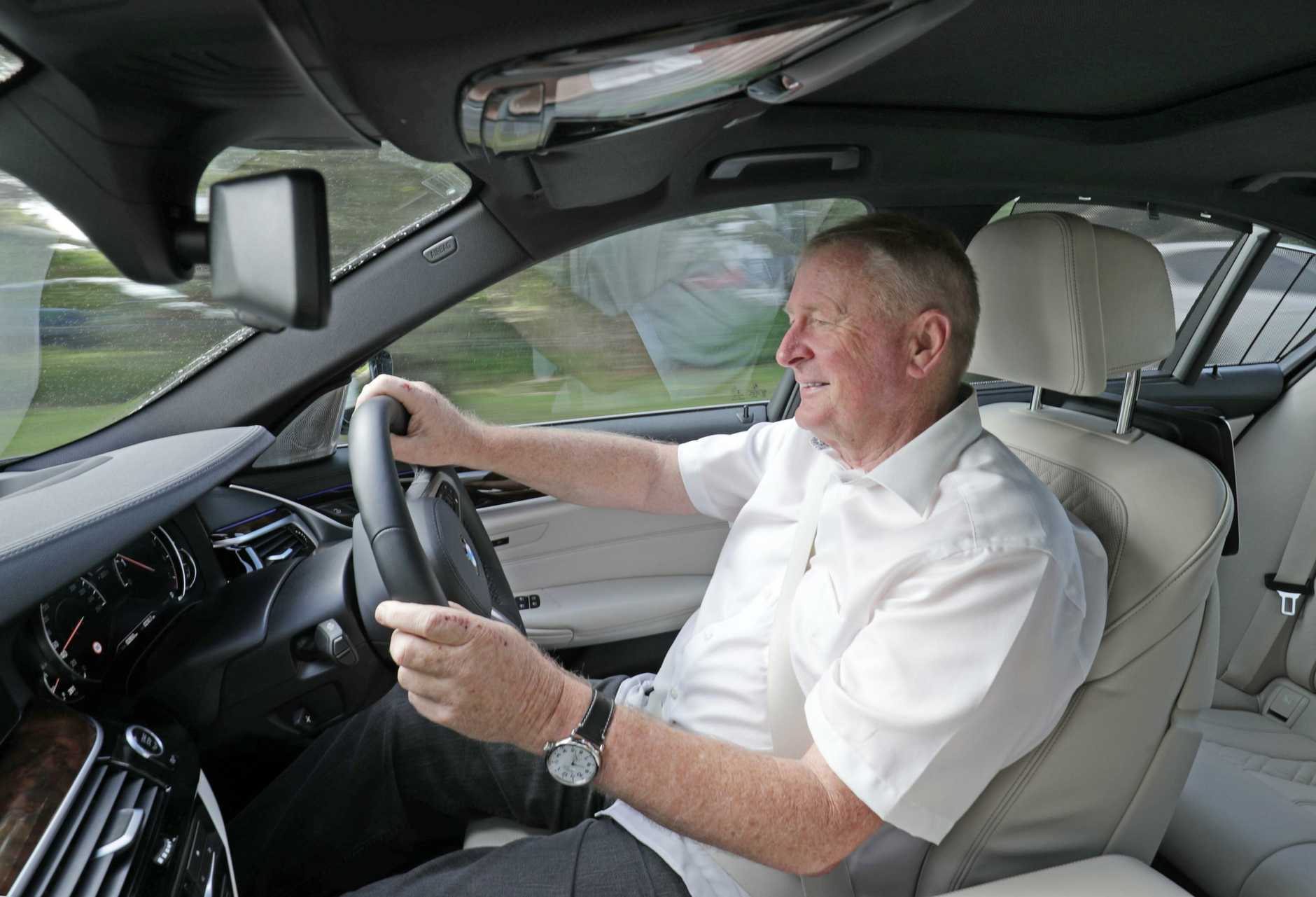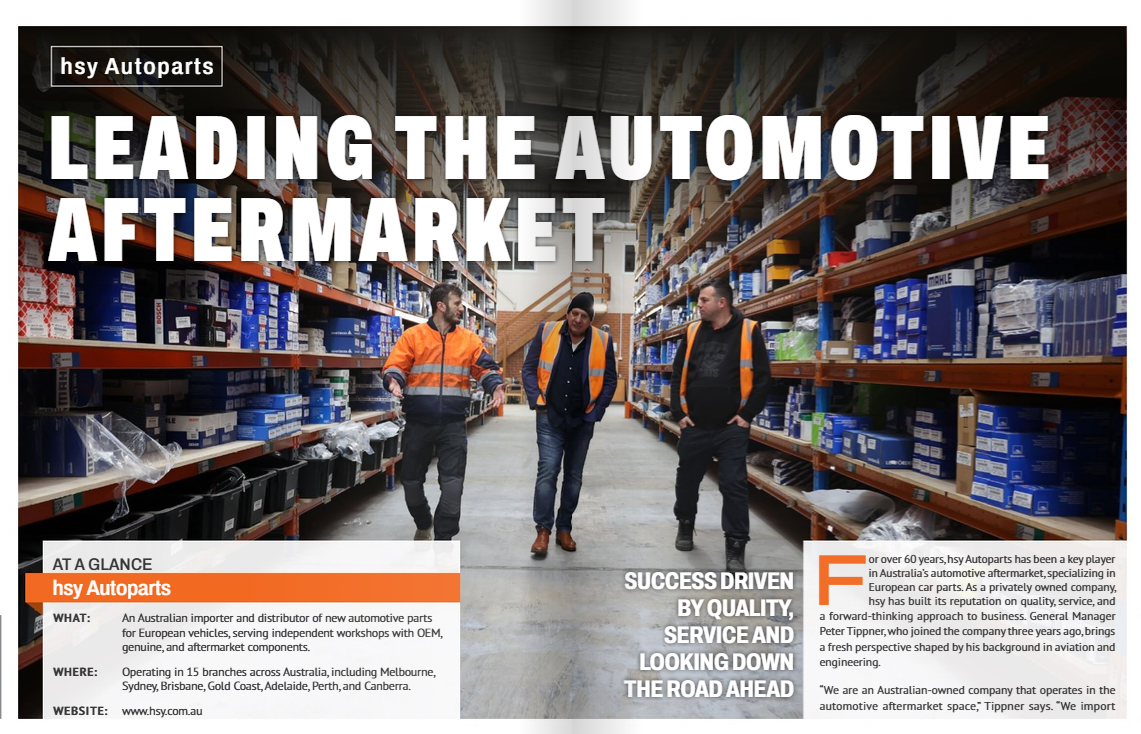The World Car of the Year award has been run and won, but did you know that an Australian sits on the judging panel?
Paul Gover is one of Australia’s most revered automotive journalists and one of 93 judges from 28 counties tasked with testing and assessing the very best new cars on the global stage. In this interview we learn more about the world’s most coveted car award, and how World Car of the Year judges are evolving the progress of the cars we drive here, and in markets across the globe.
EVOLVE MAGAZINE: What is the World Car of the Year award and why is it so important?
Paul Gover: The World Car of the Year award is the only car of the year award that cuts across the entire globe. There are 93 judges across 28 countries, so we can look at what’s happening across the industry as a whole, and not just in our own backyards.
It is a really good indicator as to what the world is ‘thinking’ about cars, and although this year’s winner isn’t sold in Australia just yet, it shows that the industry is advancing towards electrification. In fact, there have been several electric car winners of the World Car of the Year award.
EM: How did you come to be involved in the World Car of the Year judging process?
PG: The award was started by a group of guys who had a really good idea, and over time they recruited leading journalists from each of the countries they travelled to. I was pretty chuffed one day when they asked me to be a representative for Australia – and interestingly now there are four Australian-born judges on the panel.
As well as me there’s Joshua Dowling who is also based in Australia, but we also have Michael Taylor who is now based in Italy and Greg Cable who lives in Germany. So, we’re a little bit overrepresented when you consider how small the Australian car market is, but I guess that speaks to the quality of Australian motoring journalists.
EM: When does the process start and end for you?
PG: The process never really starts or ends. Every new car I drive is assessed against a range of objective criteria, as well as whether I like it or not. I’m always thinking about whether a car might be a World Car of the Year contender.
But the actual process starts in earnest each September. There is a long list that is sorted into various categories, and of course the overall category – and there’s also a car person of the year category [more details overleaf]. It’s a really big spread of cars and a really diverse judging panel, but there are rules that help decide which car can win.
For example, a car must be sold in at least two major markets in differing geographical areas to be eligible. Most of the time you are looking at cars that are sold in Europe and America, or China and America, and these cars are voted on to get to a shortlist of 12, then three, and eventually just one.
EM: What World Car of the Year criteria are most important to Australia buyers?
PG: It is interesting… Australian new car buyers prefer higher-specified cars, but we’re also very sensitive on price; and what’s fascinating about that is that the price of new cars varies wildly across the globe, as does what feature and equipment levels are offered in certain models.
That is important to Australian buyers because we demand equipment that moves the industry forward. It is not just about a car being quieter or roomier, Australian buyers are very savvy when it comes to safety, we want the very best, and that forces the industry to progress.
It also means that Australian World Car of the Year judges are voting for cars that Australian new car buyers want, with safety levels they expect. That is one of the important things about having judges from all over the globe. We each get to ‘push’ for things that are important to our own market.
EM: Are there any criteria that are irrelevant to Australian buyers presently?
PG: As a World Car of the Year judge you’re invited to an annual gathering where you’re able to drive all of these cars over a two or three-day period – back-to-back over the same roads. As an Australian, I think it is fascinating that you get to see what other parts of the world accept as ‘normal’, and just how lucky we are. There are a lot of cars that are not particularly great.
But it is more than specification and quality, and this year’s winner is probably less relevant to Australian buyers than it is to be people in other parts of the world. Out of the million new cars sold here last year only 7,000 were pure electric vehicles. Electric vehicles simply do not have the relevance here they do, say, in Europe for example where they’re a really big deal.
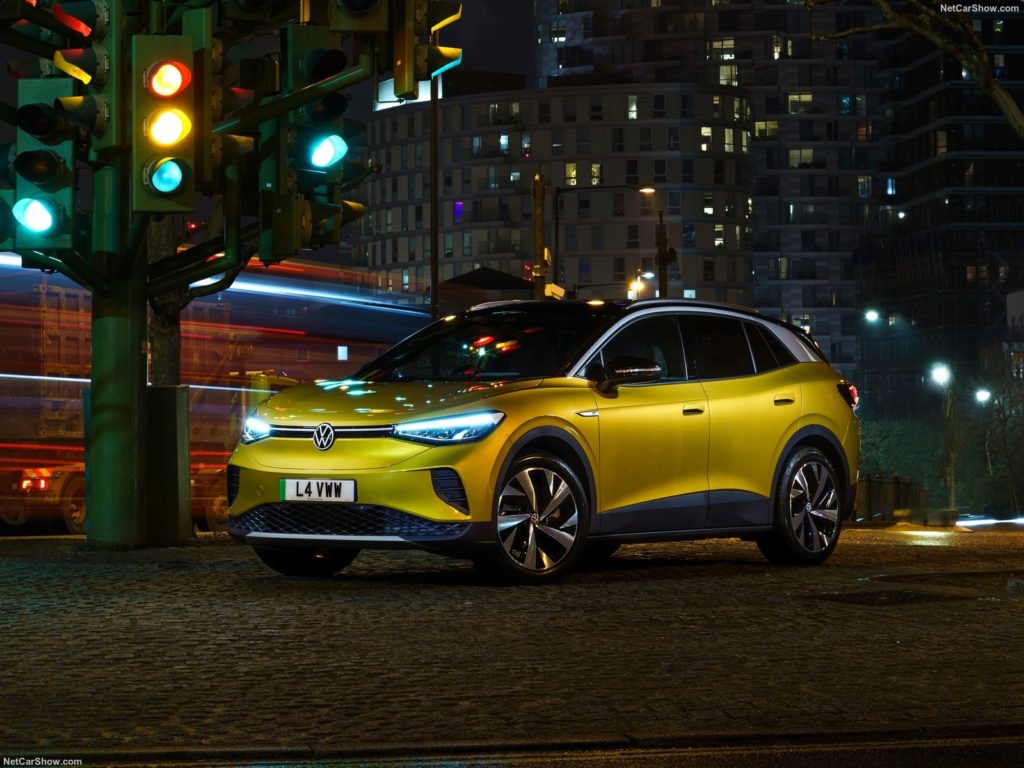
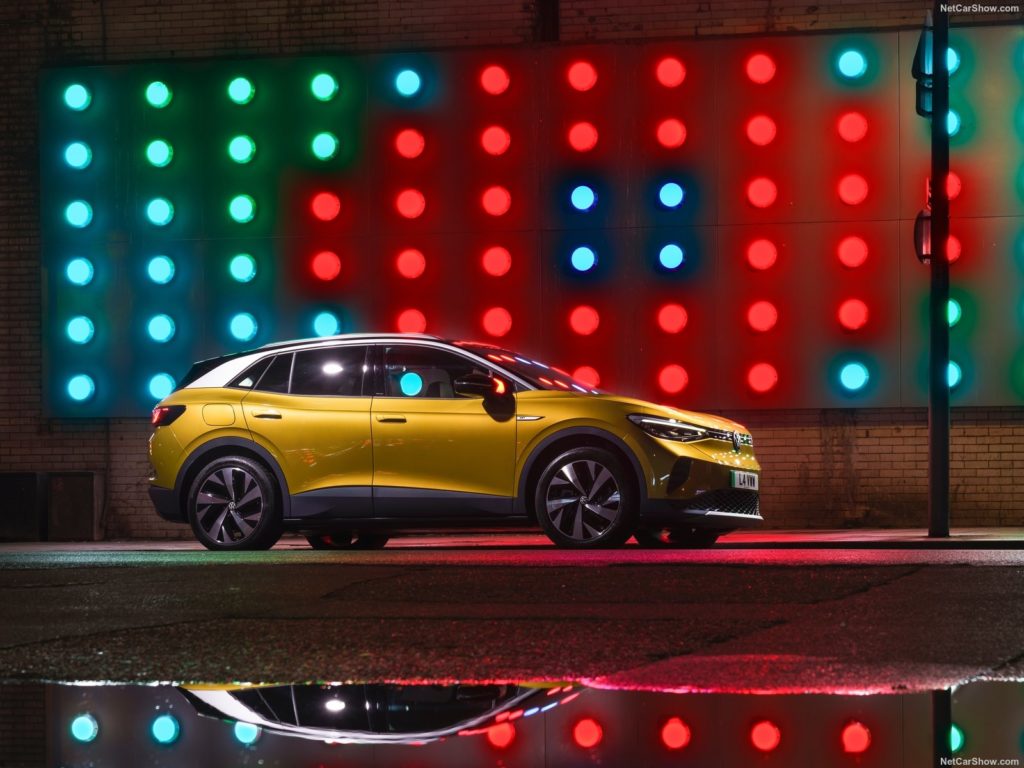
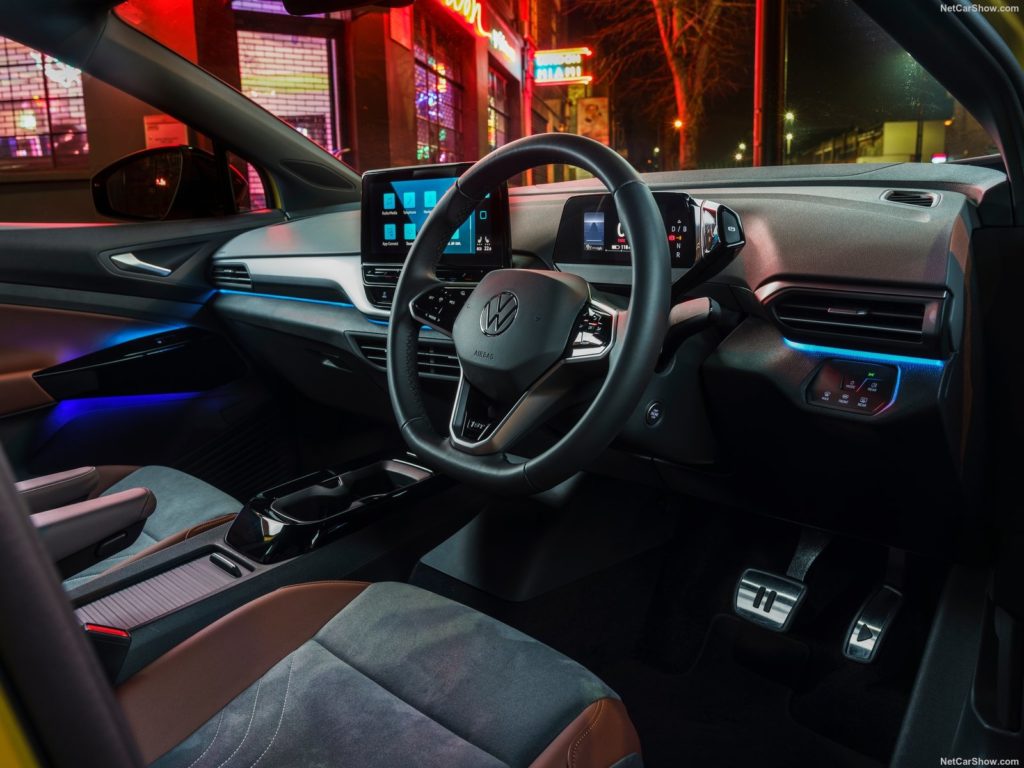
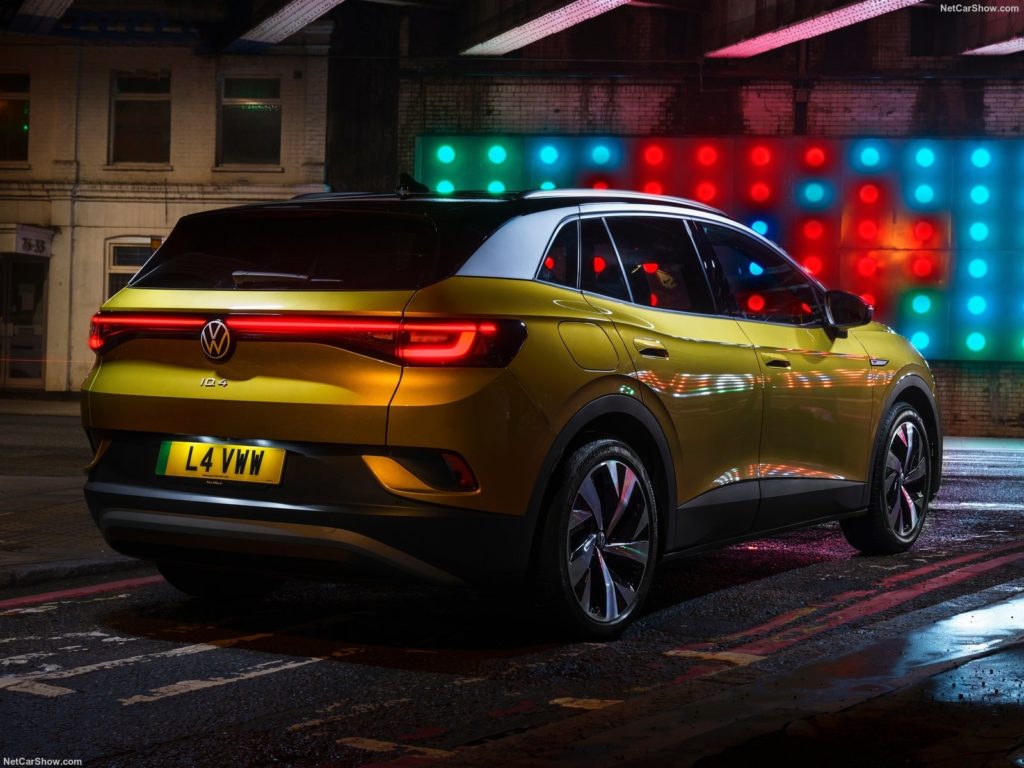
EM: So does that mean you didn’t vote for the Volkswagen ID.4?
PG: I had not driven it by the time votes were cast, so technically I could not vote for it. You can only vote for cars you have driven. As I said, the Volkswagen ID.4 is not on sale in Australia yet, and with COVID-19 affecting travel last year, it made it harder than usual to drive all the contenders in the setting I spoke of earlier.
But keeping the relevance of the car to Australian buyers in mind, I do not think I would have voted for it anyway. Two of the best cars I drove last year were the new Kia Sorento and the new Land Rover Defender, but the latter is a car that does not meet the eligibility criteria in some countries because it’s too expensive.
That is what I mean about a ‘global context’. In Australia these cars are wonderful, marvelous cars, but in other countries they are seen as a luxury car. It can be a bit of a balancing act, but it is part of what makes this award so important.
EM: Do you think awards like the World Car of the Year influence a buyer’s decision?
PG: I think it should… I mean it must, to some degree. But I think more importantly the one thing the World Car of the Year award does is it influences car companies. I know that because I have been to a few global briefings where car companies have hosted World Car of the Year judges to showcase their technology.
It is not about currying favour, either. It is about looking at to the future to see where design, style, technology, safety… these sorts of things are headed. As World Car of the Year judges, we are ambassadors for the industry, in a way.
We are the voice of the market we represent, and car companies like to talk to us about things consumers think are worthwhile. It is a way we as judges and consumers can educate designers and engineers, to help them move the industry forward.
EM: So engaging with your audience is an important part of being a World Car of the Year judge?
PG: It really is, and when I say ‘my’ audience, I do not just mean people who read what I write or who listen to me on the radio. It is also other journalists. There have been several times where I’ve attended press events and I’ve been able to assist in the background of a particular model because of the information I’ve been privy to as a World Car of the Year judge.
And it is not just me… a colleague in India who is a very senior motoring journalist there uses his role to talk to consumers, and to motoring and other journalists to try and improve what goes on in their market.
The Indian market is very cost-driven, and they do not have a lot of the safety equipment (in their cars) that we have in cars here, and he is trying to address that and evolve some of the programming that goes on behind the scenes so that his market is better off. That would not happen without the involvement of the World Car of the Year program.
EM: Do you think the World Car of the Year judging panel could become a lobby group of sorts?
PG: I know to a lot of people who buy cars who think car magazines, blogs and newspapers are kind of irrelevant. But what we as motoring journalists do, and as World Car of the Year judges especially, is more important than simply voting on a bunch of cars – and as time goes on, I think it will become even more important.
In some ways, it could almost become a lobby group, pushing car companies about different things that are important in markets across the globe, especially on items of critical importance like safety.
Take the example of India or Pakistan we just spoke of. You can buy a new car there that is ostensibly the same car that gets a five-star safety rating in Australia but might only get a two-star rating in India or Pakistan because car companies do not put the same emphasis on the safety equipment of cars they sell in those countries. It’s pretty terrible, isn’t it?
EM: What does winning World Car of the Year mean to a manufacturer like Volkswagen?
PG: I think Volkswagen is still recovering from the ‘dieselgate’ scandal, and that really tainted the brand. So, for Volkswagen to be able to win an award like this, it says ‘OK, we are becoming a green car company and we are working hard to be recognised for that’.
It also acknowledges that Volkswagen took a pretty big gamble with its ID (electric vehicle) range, and that they deserve some kudos for that. They are not necessarily one of the companies you would expect to be first in electrification, and the fact that they have brought a car like this to market, when they are recovering from such a large financial hit, is a big tick for them as a company.
But more than anything I think the award helps to bring relevance and recognition to what companies like Volkswagen are doing. The World Car of the Year is an extremely significant award, and it will help VW progress and push innovation and technology so that things keep moving forward – and that benefits all of us, really.
I know Volkswagen keep a close eye on awards programs like this because it really means something to them. It is an incentive that means a lot to car makers, to the motoring industry, and to consumers like you and me. I look forward to seeing what it will mean for all of us by the time the award comes around again next year.
